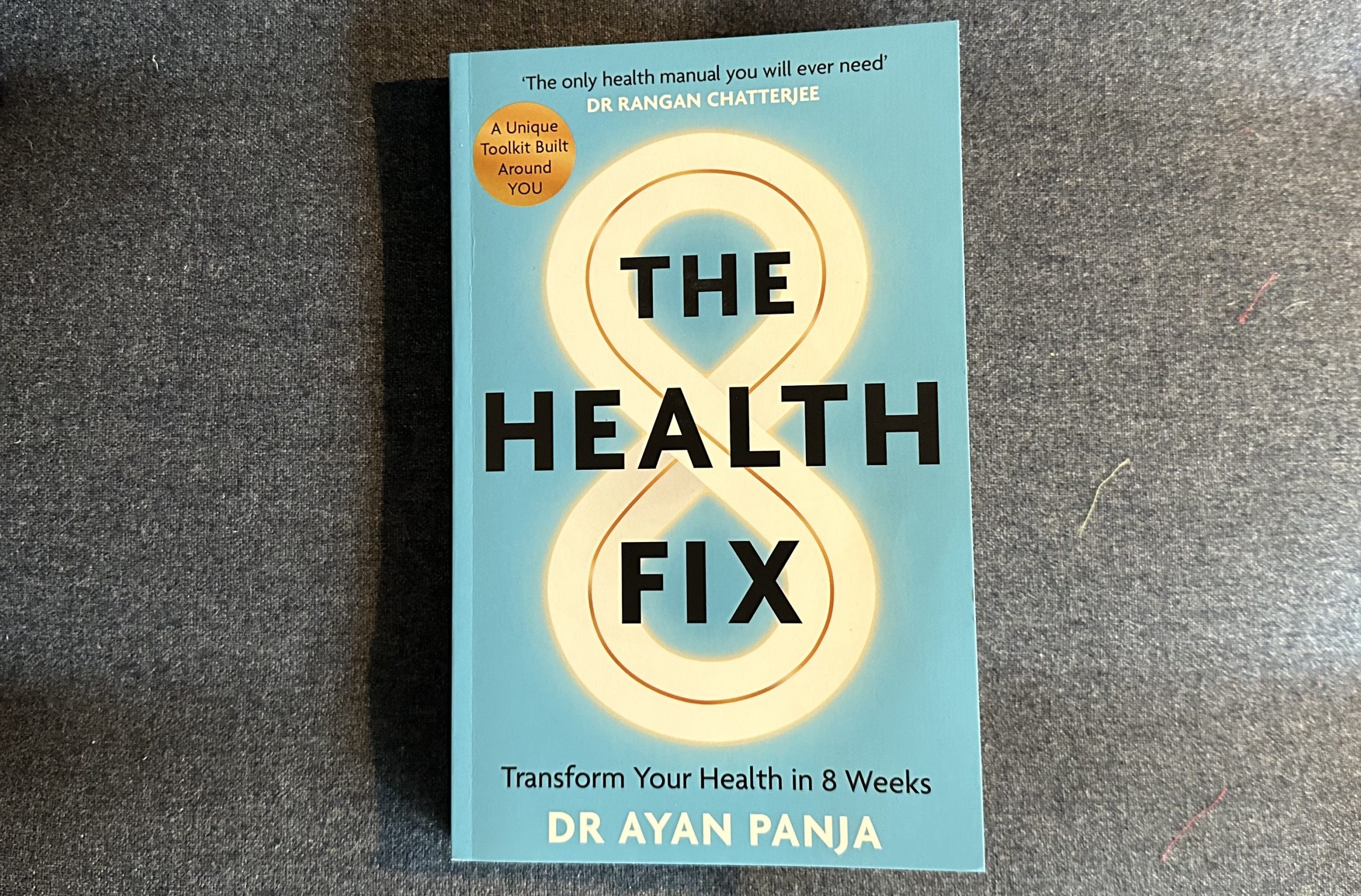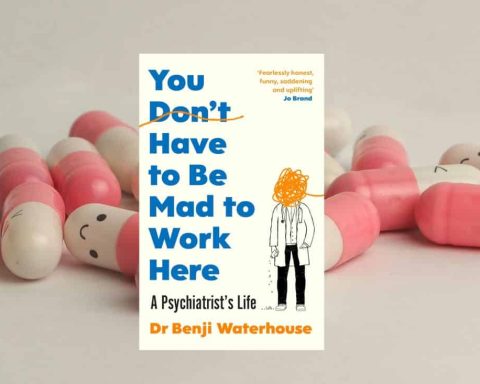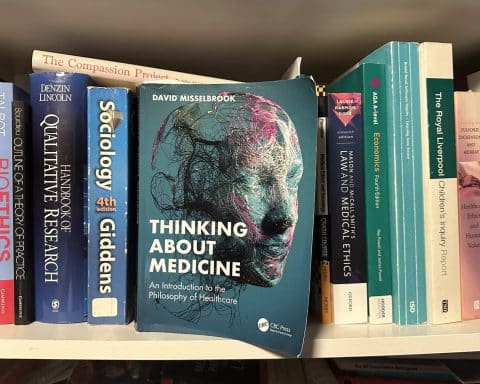Andrew Papanikitas is Deputy Editor of the BJGP and a GP in Oxford. He is on X: @gentlemedic
As I take my hand away from the box of kourabiedes (Traditional Greek almond cookies that are coated in icing sugar) and reach instead for a tangerine, I give myself a pat on the back. After reading, Ayan Panja’s Health Fix, I feel like I have been given permission to celebrate the small victories. The kourabiedes , it must be admitted, have only earned themselves a temporary reprieve, but I need to think of them as a sweet, rather than a snack.
The Health Fix is like many other books that have recently emerged the recent health and social crises. Examples include the works of Tim Spector (who Panja cites) and Michael Mosley who offers a broadly if disjointedly similar approach with his book, Just One Thing. What is intensely likeable for me as a GP in his 40s is that The Health Fix also written by a GP in his 40s, with an engaging approach that blends clinical experience, medical evidence and personal history. This is an accessible manual for healthier living and sustainable behaviour change. Ayan Panja shares his own journey from being tired all the time (because, despite what some politicians may imply, GPs are human as well) to an acceptable state of health. There is a refreshing reflective honesty here and an absence of hyperbolic health claims. The importance of ruling out important acute and chronic illnesses is not neglected. What I particularly like (perhaps because this is an antidote to the nihilism and despair that can come with an unhealthy lifestyle) is the idea that one small change can have benefits across several organ systems. Moreover, multiple small changes over time can have accumulated benefits. I like the idea of using the book to work out my own answers.
This is an accessible manual for healthier living and sustainable behaviour change.
Ayan Panja shares his own journey from being tired all the time (because, despite what some politThe book is divided broadly into three sections: the foundation section is all about behaviours and biology. This is important because a little understanding of how would bodies, brains and behaviour work helps with motivation and helps with lifestyle hacks the development of healthy habits. The second section is aspirations, a collection of real world health-fix cases which come from the author’s 25 years of clinical work as a doctor as well as his own experience as a human being. The cases in this book are composite cases, so whilst inspired by real events and people, any individuals refer to should be considered fictional, a technique used by many medical writers. The aspirations include things like “I want more energy” “I want to beat those aches and pains” and “I want better digestion.” Ayan Panja is keen to point out that there are no instant fixes and many of the benefits of the fixes (the meat of the third and fourth sections of the book) will take weeks to be seen. The fixes include changes to diet, sustainable exercise, working on stress and daily hacks to prevent ill health. Of course there are a few trademark-able infographic concepts in this book, which itself developed by taking a more systematic approach to a slightly more rambling podcast. The ideal framework is like a medical mnemonic to help with readers with sustainable behaviour change. The L is for look back, which is why I am celebrating my tangerine today. The health loop is a similar simplified infographic to illustrate the connection between behaviours, environment, genetics and other factors involved in our lived experience of health.
I would recommend this book whether you are looking for inspiration for behaviour change conversations with patients, or if you’re noticing your own mood and waistline travelling in opposite directions.
Featured photo taken by Andrew Papanikitas, 2024








